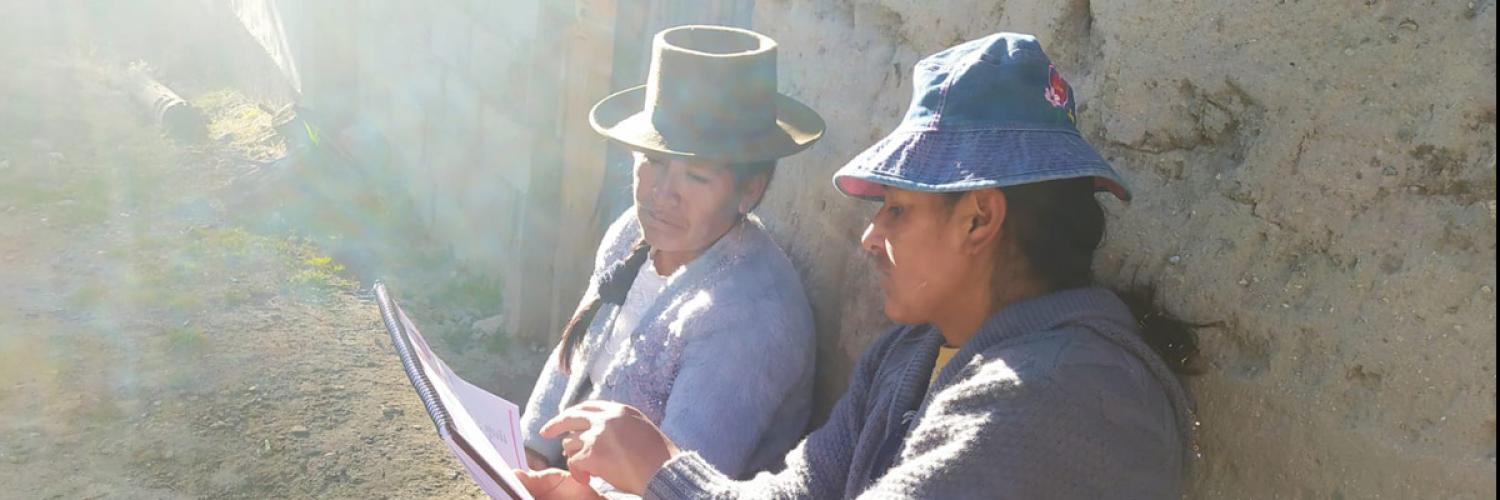More than one in four women worldwide have been affected by sexual or physical intimate partner violence (World Health Organization, 2021). A third of all women intentionally killed worldwide are killed by an intimate partner (United Nations Office on Drugs and Crime, 2019). Despite the prevalence of intimate partner violence (IPV) and its long-term welfare consequences, there is scarce rigorous evidence on interventions that aim to reduce it.
Livia Schubiger’s project with Erica Field (Duke), Javier Romero (World Bank), and Ursula Aldana (IEP) will evaluate Leaders in Action (LIA), the flagship program of the Peruvian Ministry of Women and Vulnerable Populations (MIMP), a large-scale intervention aimed at reducing IPV in rural areas.
The program trains local leaders to work within their communities to prevent and reduce IPV. LIA itself is organised through the MIMP’s network of Emergency Centres for Women (CEMs), each of which identifies and trains leaders from local social organizations to administer regular IPV prevention activities in rural Peru.
The research team conducts a randomized evaluation to assess the impact of two alternative, theory-driven approaches to delivering this program: a household-based intervention (HT) and a group-based intervention (GT), as well as their combination. Moreover, it integrates an edutainment approach, a communication strategy that works through media with the aim of providing a more engaging context than the delivery of information alone.




